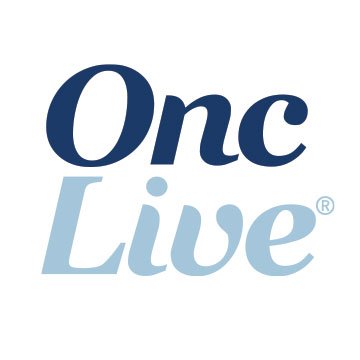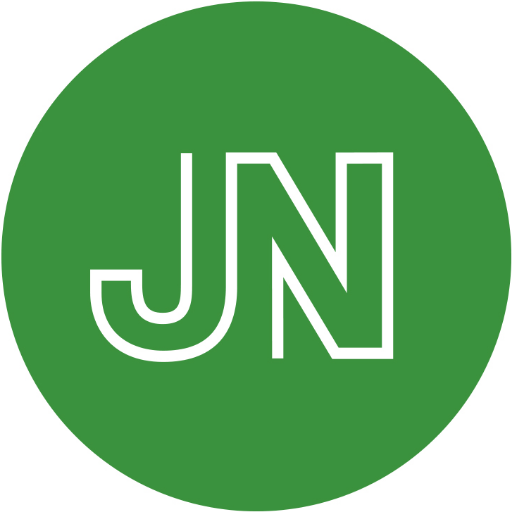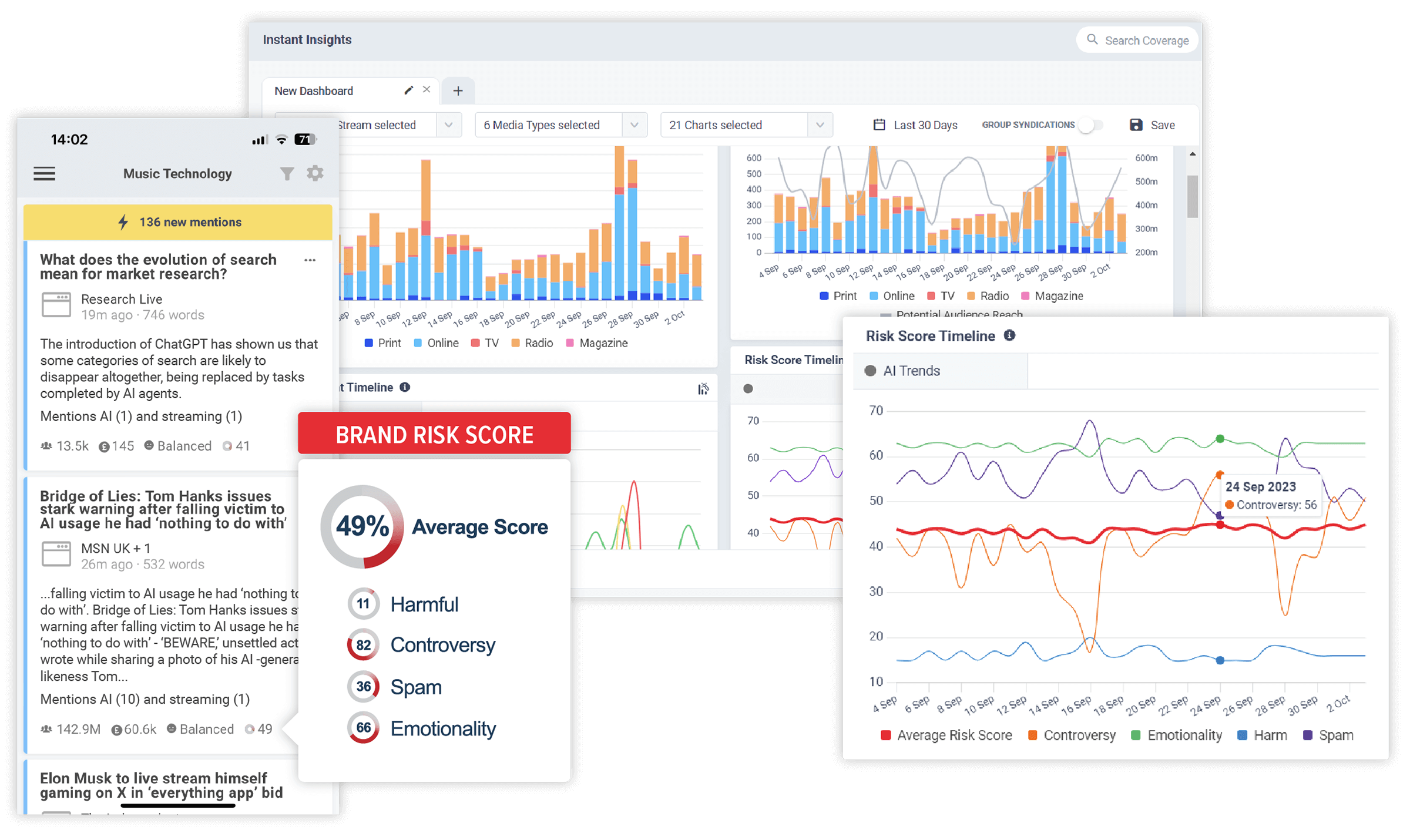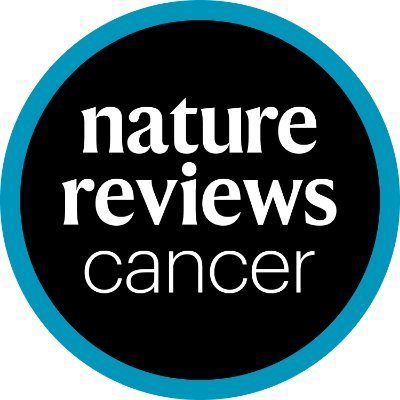About
Bio
Impact Factor: 34.244
Circulation:
The Publisher does not disclose the circulation.
Aims of the Journal:
Launched in October 2000, Nature Reviews Cancer aims to be a gateway from which cancer researchers - from those investigating the molecular basis of cancer to those involved in translational research - access the information that they need to further the ability to diagnose, treat and ultimately prevent cancer. It's an international monthly review journal, which aims to provide timely, authoritative reviews that are of broad interest and of exceptional quality.
Content:
Nature Reviews Cancer is organized into the following main sections: Research Highlights, Progress, Reviews, Analysis and Perspectives.
Subjects covered include genomic instability: chromosomal and microsatellite instabilities; defects in DNA repair pathways; growth factor signalling to cell cycle progression: proto-oncogenes and their dysregulation; growth inhibitory signals: dysregulation of quiescence and differentiation, tumour suppressors and their inactivation; cellular immortality and telomere maintenance; cell death: evading apoptosis, including avoidance of immune surveillance systems; angiogenesis: sustaining tumour growth by building a vascular system; metastasis: moving to and surviving in new environments;carcinogenesis and cancer prevention: epidemiology, genetic and environmental triggers, gene–environment interactions and strategies for reducing risk; xancer diagnosis and prognosis: molecular markers; diagnostic imaging; defining tumour margins; detecting minimal residual disease; new approaches to cancer therapy: rational drug design, gene therapy, immunotherapy, combination therapies, combating drug resistance and targeting therapies to the individual; experimental systems and techniques: cell culture and animal models, genomic and proteomic approaches to studying cancer; cancer-associated disease: cancer pain, cachexia, symptoms associated with treatment (hair loss, anaemia, gastrointestinal disease), psychosocial aspects of cancer;ethical, legal and social issues surrounding cancer research: trial design, genetic screening, public and professional education, research policy and advocacy; and conventional approaches to cancer diagnosis and treatment: how do they perform, what are their drawbacks and how might they be improved in the future?
Readership:
Professionals working in the field of cancer research.
Editorial contacts:
The Editorial team can be contacted at nrc@nature.com
Manuscript Submission:
Author instructions can be found here.
Online submissions can be made here.
Other Information:
Advertising information is available here.
Press can be reached at press@nature.com
Email
email@cision.one
Website
site@cision.one
Social media




Location
United Kingdom
Frequency
upgrade
Circulation
upgrade
Sectors
Oncology
Bio
Impact Factor: 34.244 Circulation: The Publisher does not disclose the circulation. Aims of the Journal: Launched in October 2000, Nature Reviews Cancer aims to be a gateway from which cancer researchers - from those investigating the molecular basis of cancer to those involved in translational research - access the information that they need to further the ability to diagnose, treat and ultimately prevent cancer. It's an international monthly review journal, which aims to provide timely, authoritative reviews that are of broad interest and of exceptional quality. Content: Nature Reviews Cancer is organized into the following main sections: Research Highlights, Progress, Reviews, Analysis and Perspectives. Subjects covered include genomic instability: chromosomal and microsatellite instabilities; defects in DNA repair pathways; growth factor signalling to cell cycle progression: proto-oncogenes and their dysregulation; growth inhibitory signals: dysregulation of quiescence and differentiation, tumour suppressors and their inactivation; cellular immortality and telomere maintenance; cell death: evading apoptosis, including avoidance of immune surveillance systems; angiogenesis: sustaining tumour growth by building a vascular system; metastasis: moving to and surviving in new environments;carcinogenesis and cancer prevention: epidemiology, genetic and environmental triggers, gene–environment interactions and strategies for reducing risk; xancer diagnosis and prognosis: molecular markers; diagnostic imaging; defining tumour margins; detecting minimal residual disease; new approaches to cancer therapy: rational drug design, gene therapy, immunotherapy, combination therapies, combating drug resistance and targeting therapies to the individual; experimental systems and techniques: cell culture and animal models, genomic and proteomic approaches to studying cancer; cancer-associated disease: cancer pain, cachexia, symptoms associated with treatment (hair loss, anaemia, gastrointestinal disease), psychosocial aspects of cancer;ethical, legal and social issues surrounding cancer research: trial design, genetic screening, public and professional education, research policy and advocacy; and conventional approaches to cancer diagnosis and treatment: how do they perform, what are their drawbacks and how might they be improved in the future? Readership: Professionals working in the field of cancer research. Editorial contacts: The Editorial team can be contacted at nrc@nature.com Manuscript Submission: Author instructions can be found here. Online submissions can be made here. Other Information: Advertising information is available here. Press can be reached at press@nature.com
Website
Social media
Location
Frequency
Circulation
Sectors
Oncology
Most recent articles by Nature Reviews Cancer
Lorem ipsum dolor sit amet, consectetur adipiscing elit
Article description
Lorem ipsum dolor sit amet, consectetur adipiscing elit
Article description
Lorem ipsum dolor sit amet, consectetur adipiscing elit
Article description
Explore outlets similar to Nature Reviews Cancer
-
 OncologyLive
OncologyLiveEstablished in 2000 as Oncology Net Guide and rebranded in March 2011 as OncLive. Written for physicians to enable them to keep up to date with the rapidly expanding amount of medical information and resources on oncology. Designed as a handbook for frequent referencing and written in an easy-to-understand style. Articles are quick-reading, timely, provides practical information and information about new medical treatments. Media Alert: Tuesday April 12th 2011 Oncology Net Guide has changed its name to OncLive. Anita Shaffer is Associate Editor in charge of the oncology research and technology magazine. She may be reached at +1 (609) 716 7777 Ext 192 and ashaffer@onclive.com
View Targeted Oncology
Targeted OncologyTargeted Oncology is an online resource for oncology news and research, carrying content from Intellisphere's printed oncology journals, Targeted Therapies and The Journal of Targeted Therapies.
View Medical News Today
Medical News TodayBackground and Format: Launched in 2003, Medical News Today is a website overseen by Healthline Media UK Ltd and is aimed at healthcare professionals and consumers. Covers health news, diseases, nutrition & diet and pain & aesthetics. For more information about advertising rates, the team can be reached here. Circulation: Source: Publisher.
View The Lancet Oncology
The Lancet OncologyImpact Factor: 26.509 (Source:Thomson Reuters Journal Citation 2016) Format and Background: The Lancet Oncology publishes interesting and informative reviews on any topic connected with oncology, and considers any original research contribution that advocates change in, or illuminates, oncological clinical practice. Circulation: The Publisher does not disclose the circulation. Aims of the journal: The Lancet Oncology was launched in September 2000 with the aim of being a lively and informative monthly journal covering international issues relevant to clinical cancer specialists worldwide. In May 2005, the journal expanded to include original research and began publishing articles online first prior to print publication. In 2008, the journal expanded its online presence to include regular podcasts. The aim of The Lancet Oncology is to publish interesting, informative, and practice-changing articles on any topic connected with clinical oncology. Readership: Clinical cancer specialists worldwide. Content: Topics include, but are not limited to: Breast cancer Endocrine system cancer Gastrointestinal cancer Genitourinary cancer Gynaecological cancer Haematological cancer Head and neck cancer Neurooncology Paediatric oncology Thoracic oncology Sarcoma Skin cancer Epidemiology, cancer prevention, and cancer control Supportive care Imaging Health-care systems Manuscript submission: The journal publishes a range of article types that encompass all aspects of oncological medicine: Comment, Correspondence, News, Cancer and Society, Article, Meta-analysis, Review, Historical Review, Health-care Development, Personal View, and Debate. For further information for authors, click here. Online manuscripts submission here. Ad Rates: Can be viewed here the advertising team can be reached at lancet-ads@elsevier.com Other Information: The RSS feed can be viewed here Podcasts can be found here Information for the press can be viewed here
View JAMA Oncology
JAMA OncologySet to launch in February 2015, this medical journal aimed at physicians covers oncology. Will feature all aspects of medical, radiation, and surgical oncology and its subspecialties
ViewUse CisionOne to find more relevant outletsExplore journalists that write for Nature Reviews Cancer
-

-

-
D
Contact us to find more relevant journalistsContact Nature Reviews Cancer and get access to over 850K accurate, up-to-date media profiles.

Discover the stories that impact your brand. In realtime.
CisionOne delivers relevant news, trends and conversations that matter to your brand with the world’s most comprehensive media monitoring service across Print, Online, TV, Radio, Social, Magazines, Podcasts and more.

